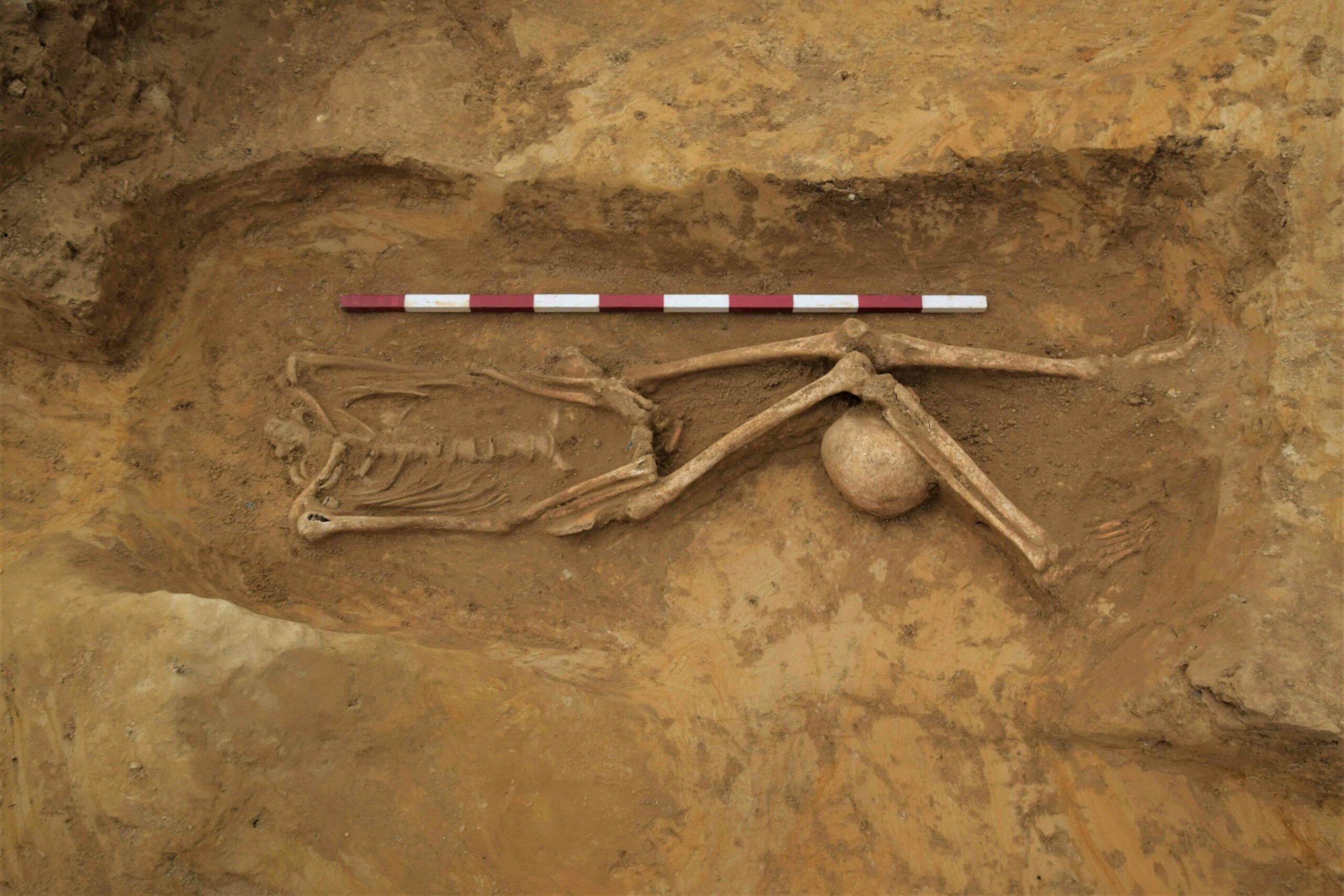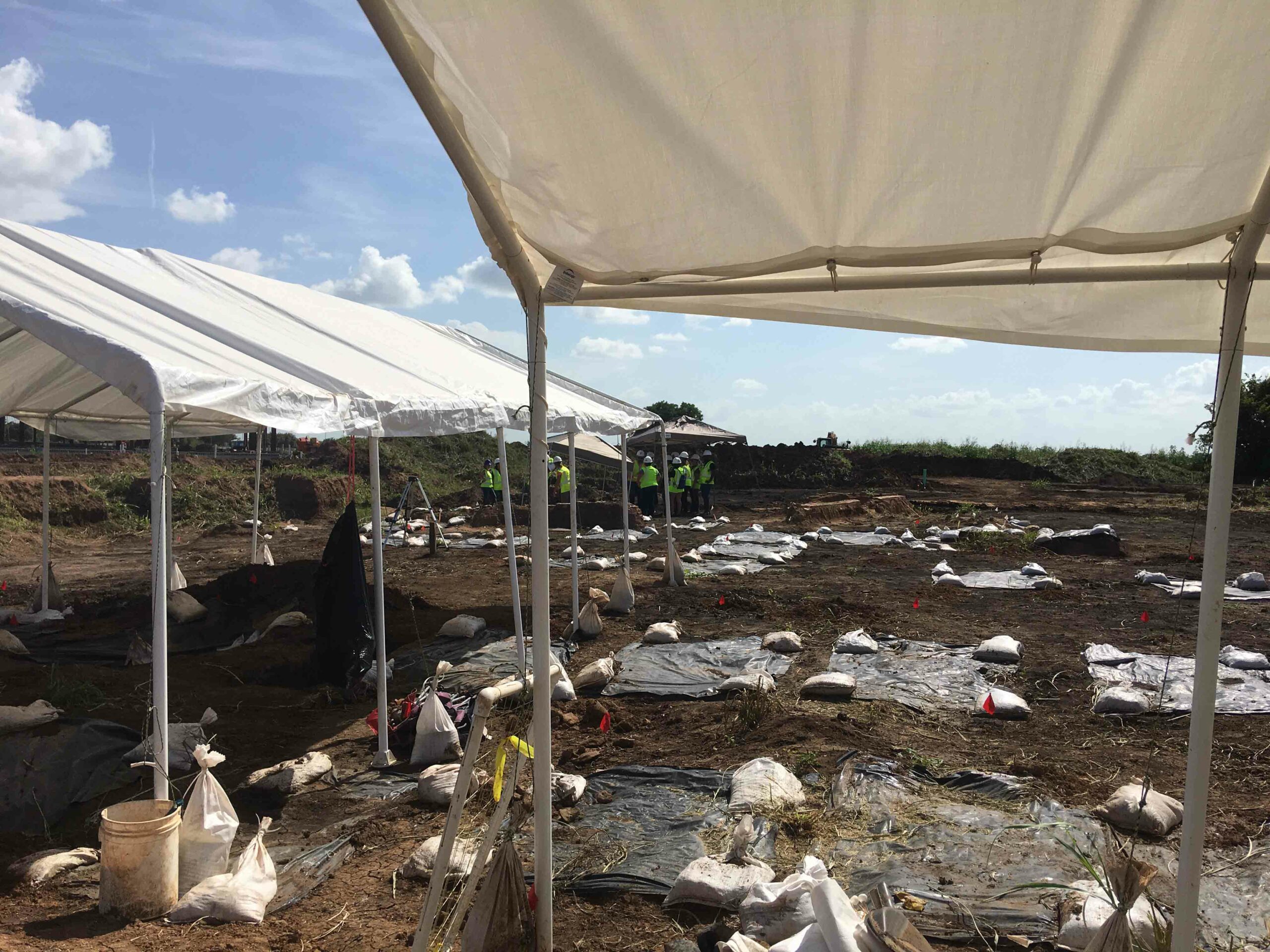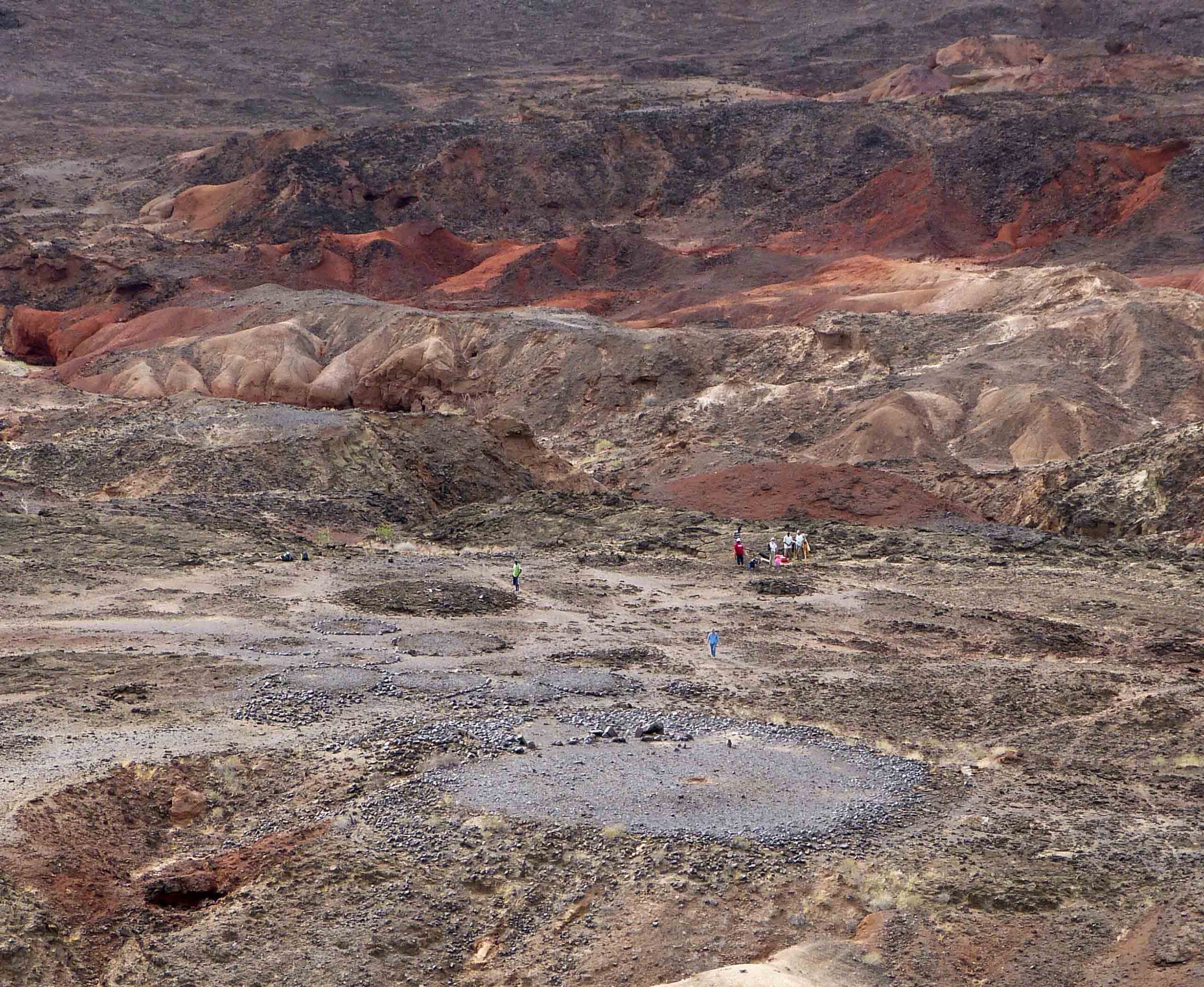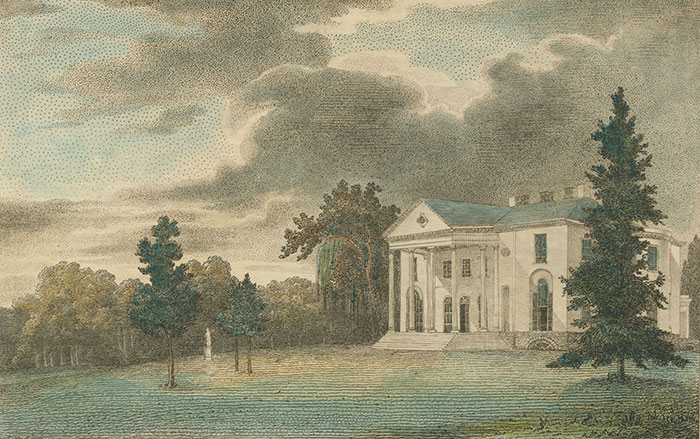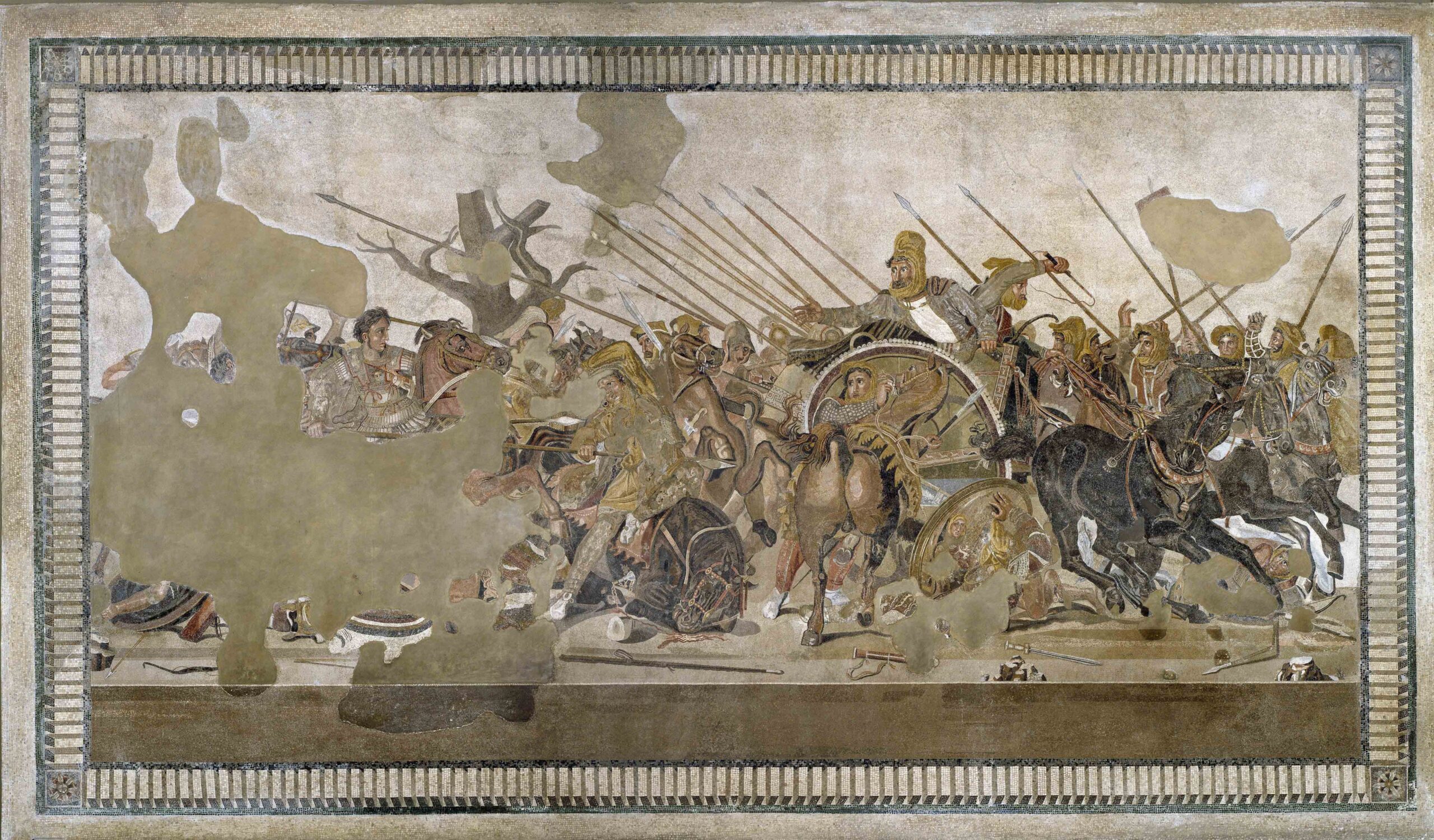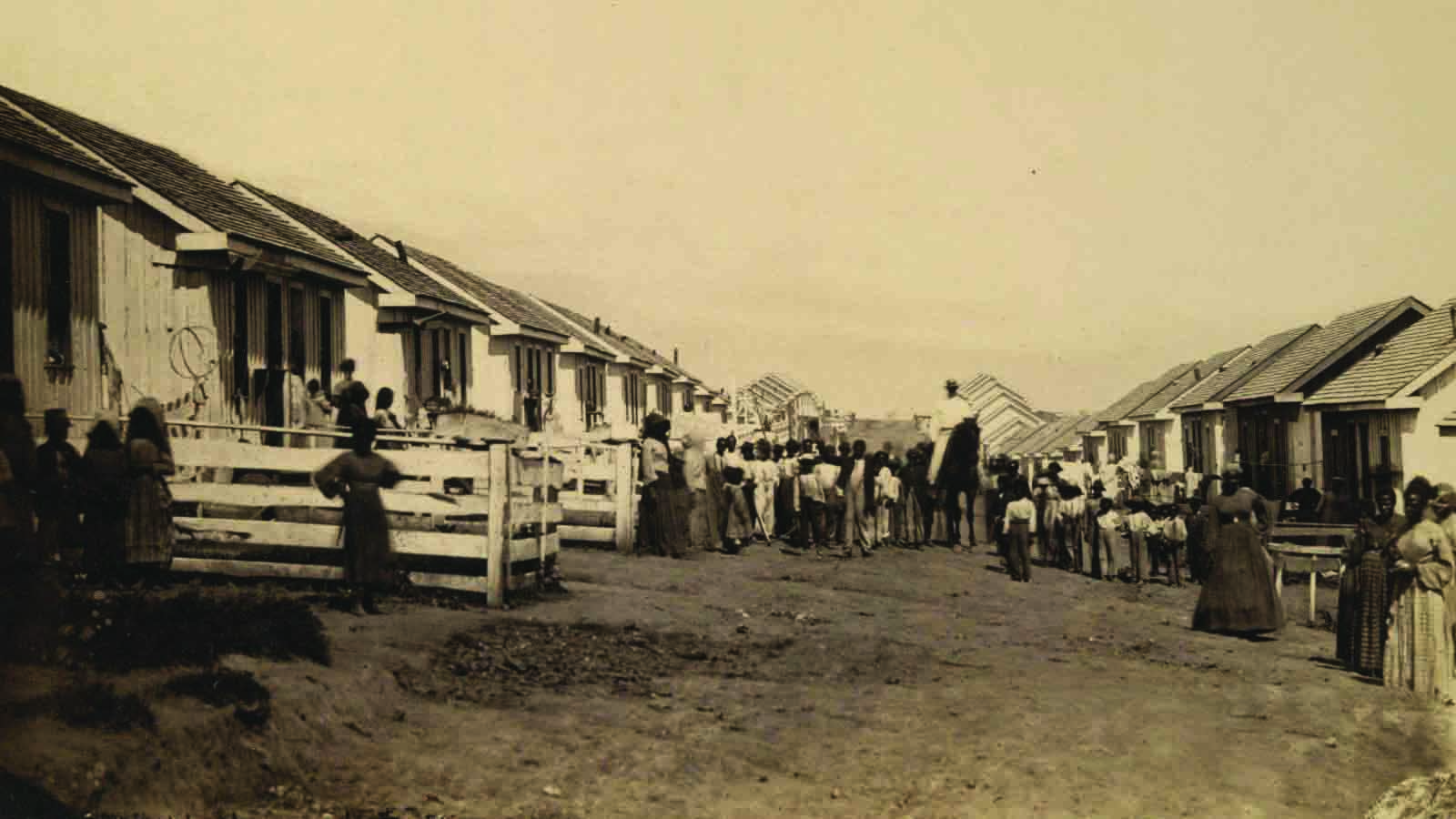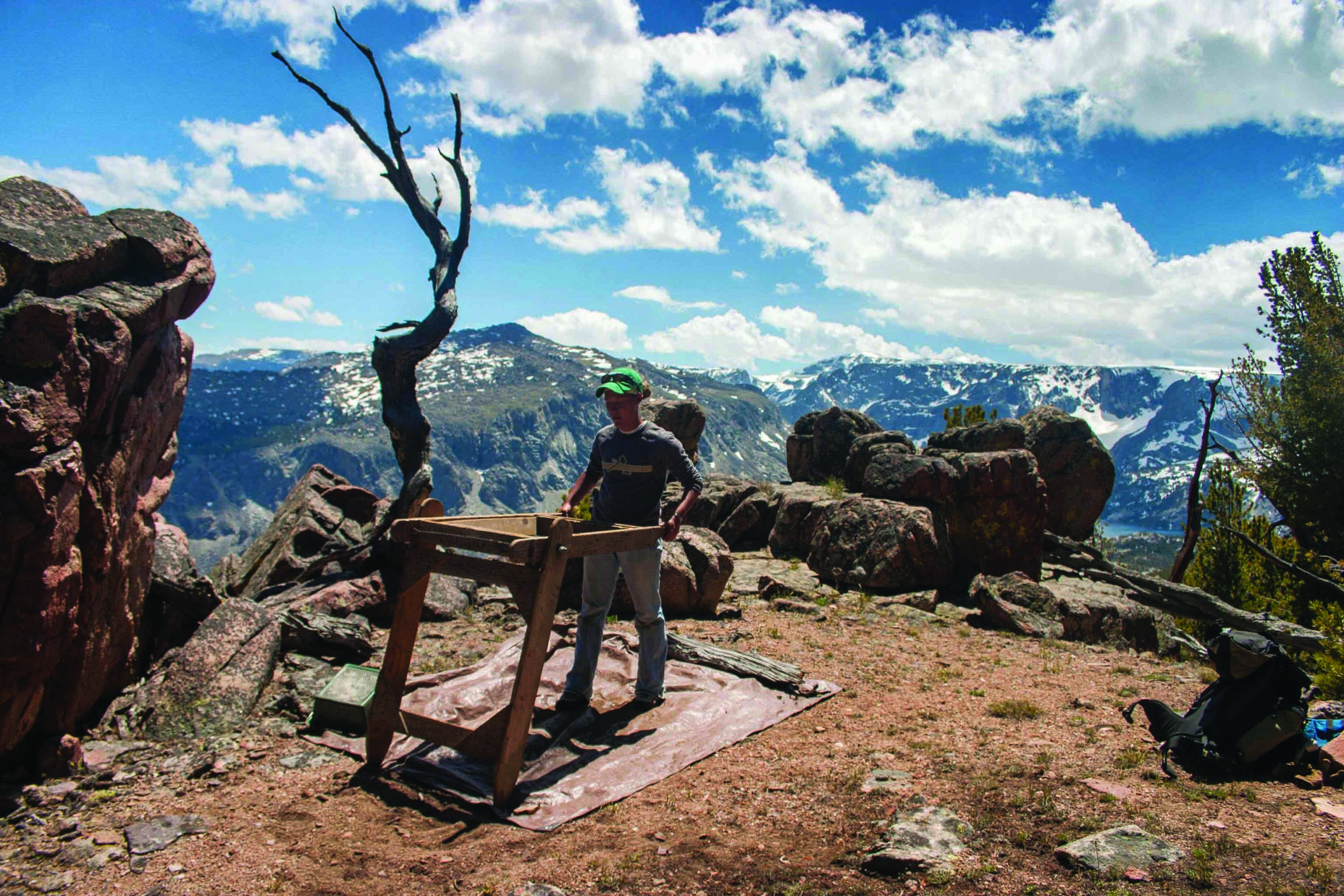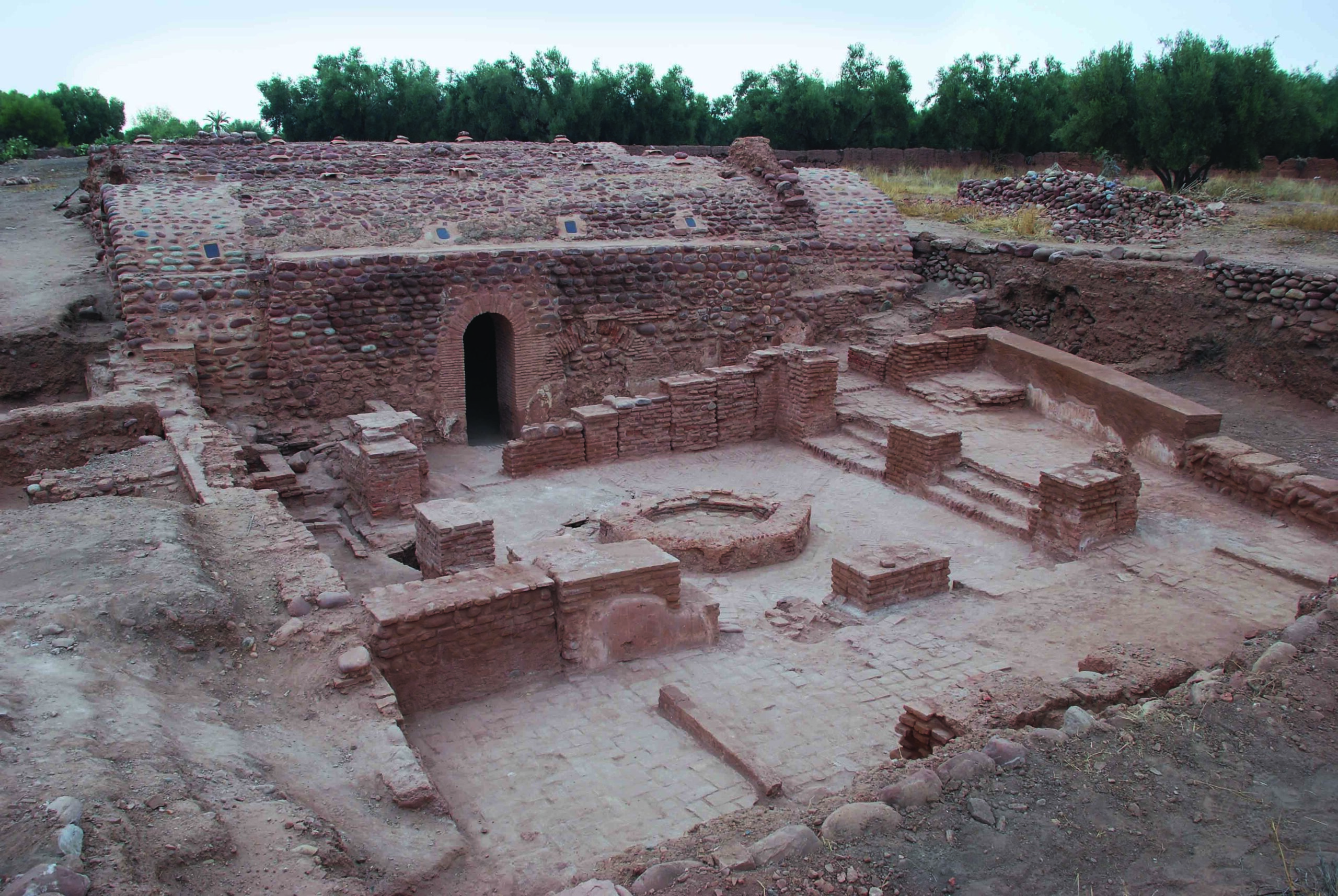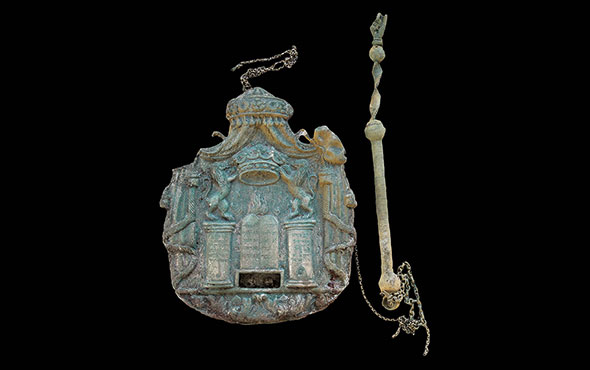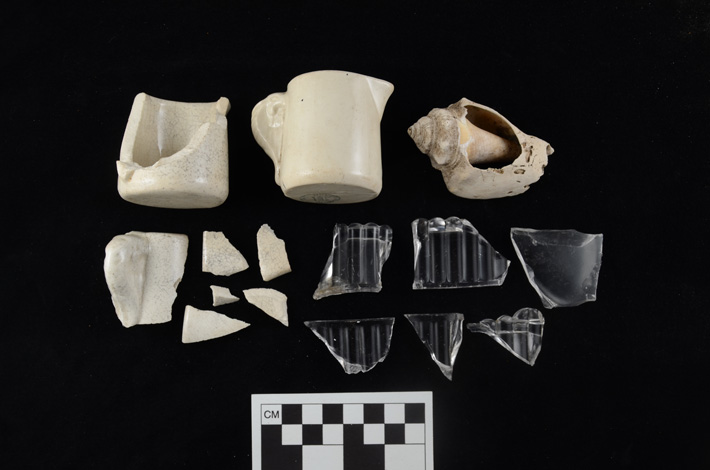
TAMPA, FLORIDA—Further investigation of the site of a lost cemetery in western Florida has confirmed the presence of 49 graves without disturbing the remains, according to a Tampa Bay 10 report. Founded in 1901, Zion Cemetery was part of an African American settlement known as Robles Pond. It is thought to have held about 800 graves when the cemetery fell out of use in the 1920s and the land began to be developed. White-only housing construction in the 1950s turned up three burials, but newspaper accounts at the time said the cemetery had been relocated in 1925. Rebecca O’Sullivan of the University of South Florida said researchers from Cardno and the Florida Public Archaeology Network have recovered shells, decorative glassware, and other items at the cemetery site. “The shells especially, there are connections that go back to traditions in West Africa, of shells being associated with water and death and the kind of afterlife, and that by leaving these shells in the grave, the deceased is able to pass over the water and go back home…in the afterlife,” she explained. A memorial is being planned for the site. To read about excavations at a Union Army camp in Kentucky where African American soldiers and their families lived, go to "A Path to Freedom."


